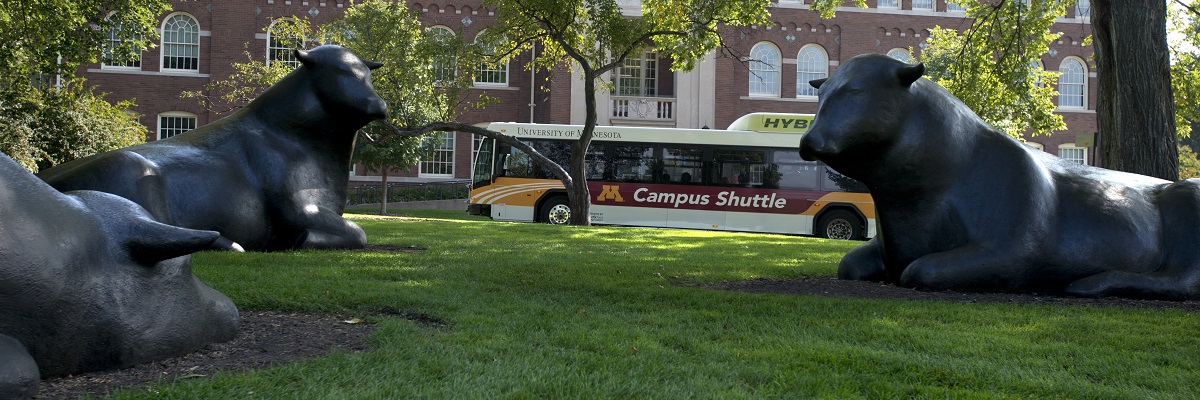Curriculum Vitae (CV)

A curriculum vitae (CV) is a type of resume used to apply for faculty or research positions at a college or university. A CV includes all of your related experiences and therefore is often longer than a resume. CV categories relate to positions in academic settings. Additional differences from traditional resumes are noted in our CV Basics Handout (PDF).
Common Sections
Education
Include all educational degrees received starting with the most recent. Include the degree, program name, institution, and date of degree. Your dissertation or thesis title and advisor name for each program may also be included for PhD and masters work.
Ph.D. Conservation Biology, July 2021
University of Minnesota-Twin Cities, St. Paul, MN
B.S Wildlife and Conservation Biology, May 2015
Ohio University, Athens, OH
Teaching Experience/Research Experience
A CV often includes a category to highlight your teaching experience and a section to outline your research background. Include your job title, dates of employment, department or class title and University name. Also include one or two bullet statements that explain your role in the course or outline your research accomplishments.
Co-Instructor, Conservation and Management of Natural Resources
University of Minnesota, 2011-2012
- Developed curriculum and taught undergraduate environmental science survey courses for 25 students focusing on environmental ethics, conservation history, air and water quality, forestry/fisheries/wildlife management, and wetlands policy.
Thesis Research
Department of Chemistry, University of Minnesota-Twin Cities, 2020-Present
Advisor: R. Hee Menn
- Investigating the reduction dissolution of iron ixyhyrdoxide nanoparticles using quinones. Notable techniques: X-ray diffraction, transmission electron microscopy, high performance liquid chromatolography.
Additional Common Sections
- Publications
- Conference Presentations
- Honors/Awards
- Grants Awarded
- Professional Memberships
- Exhibitions
- References
Additional Tips
- Order your CV sections so the most relevant information is on the first page.
- Be sure to get feedback from faculty to get insider tips for your field.
- Use lines, bold, italics, or all capital letters to make key information stand out.
- Note: The term CV is also the word used in many foreign countries to describe a resume. If you are applying to jobs in other countries, make an appointment with your career consultant for guidance.
Samples
- Recent Grad CV Sample (PDF)
- PhD CV Sample (PDF)